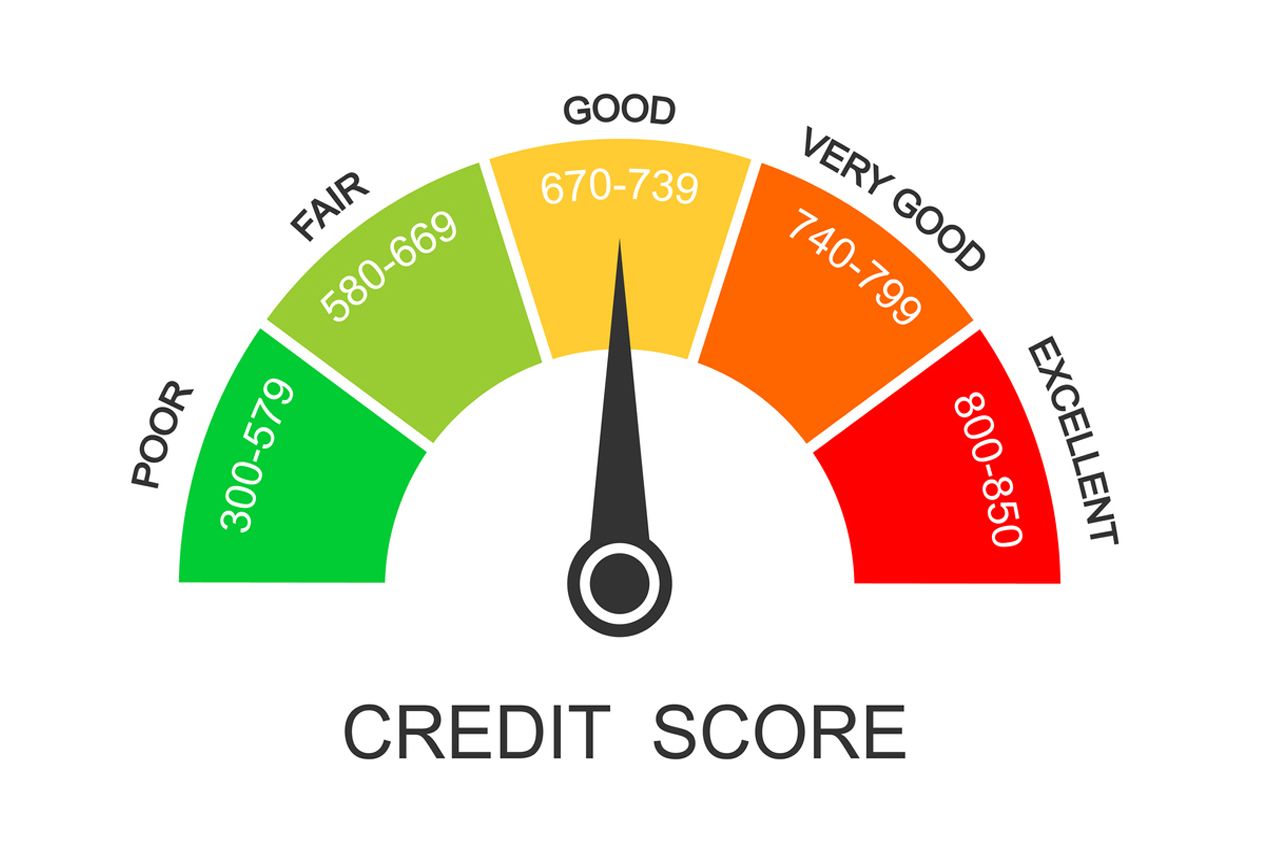Did you know it is possible to have no credit score? You may not even be aware that you have no credit score until you apply for an auto loan, a credit card, or another line of credit. You can stay under the radar of credit bureaus if you never open a credit account or open one from a lender that does not report to the bureaus.
What does it mean to have no credit score? Can you pass a credit check with no credit history? Keep reading for the answer to these and other credit report questions.
What Does it Mean to Have No Credit Score?
Your credit score, credit report, and credit activity are tied together. A credit report is a record of your credit activity, such as on-time payments, late payments, and credit utilization. The three major credit bureaus – Experian, Equifax, and TransUnion – collect and manage your credit activity and generate credit reports. Lenders, credit card companies, and financial institutions feed your credit history to the credit bureaus.
Credit scoring models generate credit scores based on the information pulled from your credit report. If you do not use credit accounts, you will not have a credit report, and thus, you will have no credit score. You are “credit invisible” or “unscored.”
Does No Credit Score Equal a Zero Score?
No. Fortunately, no one’s credit score can equal zero – the range for FICO scores is 300-850 – and even people with poor or bad credit have a credit score of at least 300. A “no credit score” means there is insufficient information for a credit score calculator to compute a score.
Can You Pass a Credit Check with No Credit History?
It may be difficult to obtain credit cards or loans if you are credit invisible. A credit report reflects a borrower’s ability to pay their debts on time, so when you apply for a loan or other type of credit, your lender uses your payment history to assess your creditworthiness. Your application can be denied without a credit report, or you may be offered unfavorable terms, such as high-interest credit cards.
How to Build Credit
You have managed your personal finances by making bill payments, like your cell phone and rent, by check or cash, but buying the car you want frequently requires a loan. Plan ahead and start building a credit history to help you secure an auto loan with a good interest rate and terms.
The Consumer Financial Protection Board suggests two basic guidelines to set upfront as you strategize how to build your credit:
1) Pay your bills on time every time
2) Use no more than 30 percent of your total credit limit
Additionally, you can use these financial products and resources to help build credit:
Secured credit card. Make timely payments and keep your balance low to help build your credit history.
Loan Co-signer. Find a willing family member with a good credit score to co-sign a loan for you. Institutions are willing to give you better terms and rates because your family member is on the hook if you do not pay. When you make on-time payments, it will reflect positively on your credit history.
Credit-builder loan. With a credit-builder loan, you make fixed, monthly payments to the lender who saves the money until the end of the loan. Your payments are reported to the credit bureaus the same as traditional loans.
Authorized User. Have a family member with excellent credit add you as a user of their existing credit card.
Building good credit requires sound financial decisions and time, so be patient.
Watch Your Credit History Grow
Once you take steps to build credit, monitor your credit report. Everyone is entitled to a free credit report every 12 months from each of the three major consumer credit reporting agencies from annualcreditreport.com.
TDECU offers loans and credit cards to meet you wherever you are in your financial journey. Contact a TDECU representative today.
Look for other tips for improving your financial health in our Advice Center.
